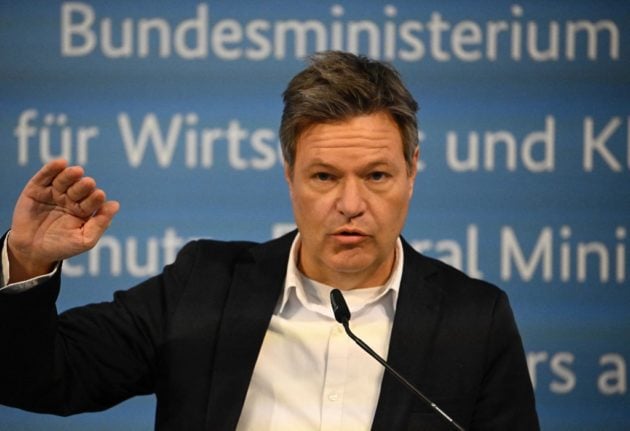The state funding would support companies in transitioning towards cleaner production and the use of hydrogen, encouraging the development of a marketable “green industry”.
“With the climate protection contracts, we are opening a new chapter, with Germany taking on a pioneering role,” Habeck told Germany’s Funke Media Group newspapers, which had sight of the draft directive on the agreements
Climate-friendly production processes are often so costly that companies cannot afford to switch to them.
Habeck wants to compensate large companies with high CO2 emissions for the additional costs they will incur in changing their production processes to lower emissions, thereby bringing new climate-friendly technology to market more quickly.
The proposed climate protection contracts would see both investment and operating costs subsidised over a period of 15 years.
However, not all industrial firms will be eligible. The contracts are intended to finance a few selected large production facilities in a targeted manner. This should, at the same time, drive the transformation of the entire industry.
Once green production becomes cheaper than conventional production, subsidised companies would then pay their additional income to the state.
“Climate protection contracts are therefore a very efficient funding instrument that makes transformative technologies calculable for investors and financiers and, at the same time, prevents the state from continuing to provide funding when it is no longer necessary,” the draft directive stated.
To be eligible for support, the company must exclusively use electricity from renewable sources in its production processes; hydrogen usage must meet strict criteria.
Habeck aims for the funding guidelines to come into force in the first half of 2023.




 Please whitelist us to continue reading.
Please whitelist us to continue reading.
Member comments